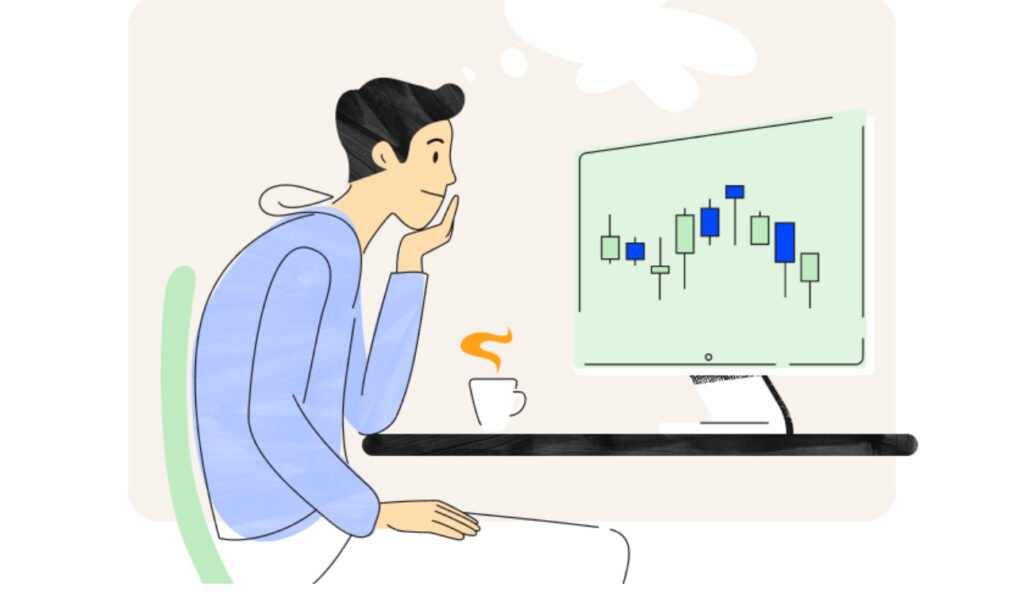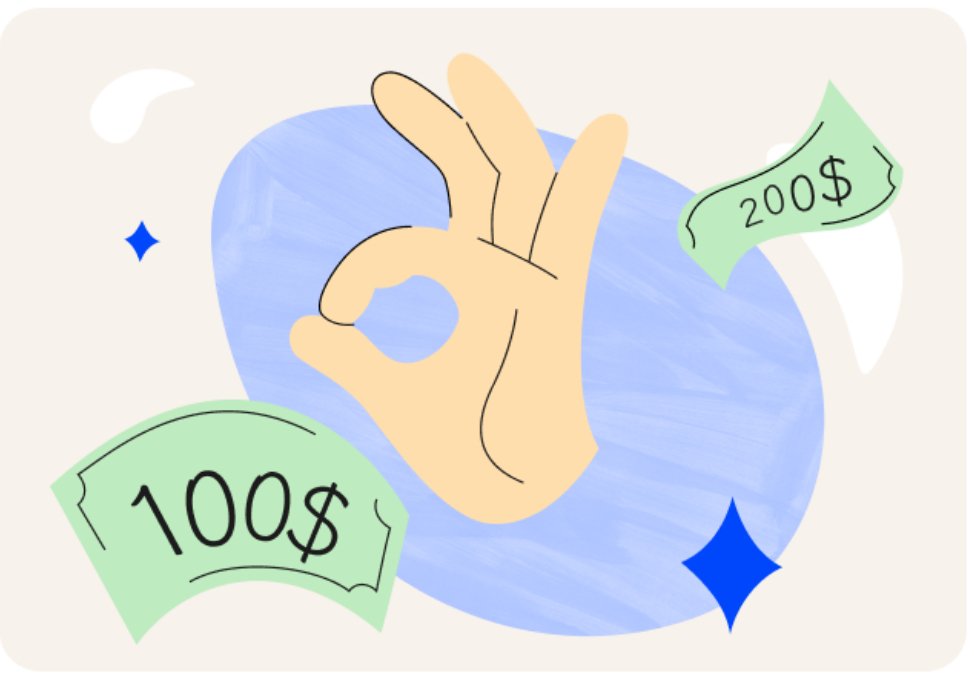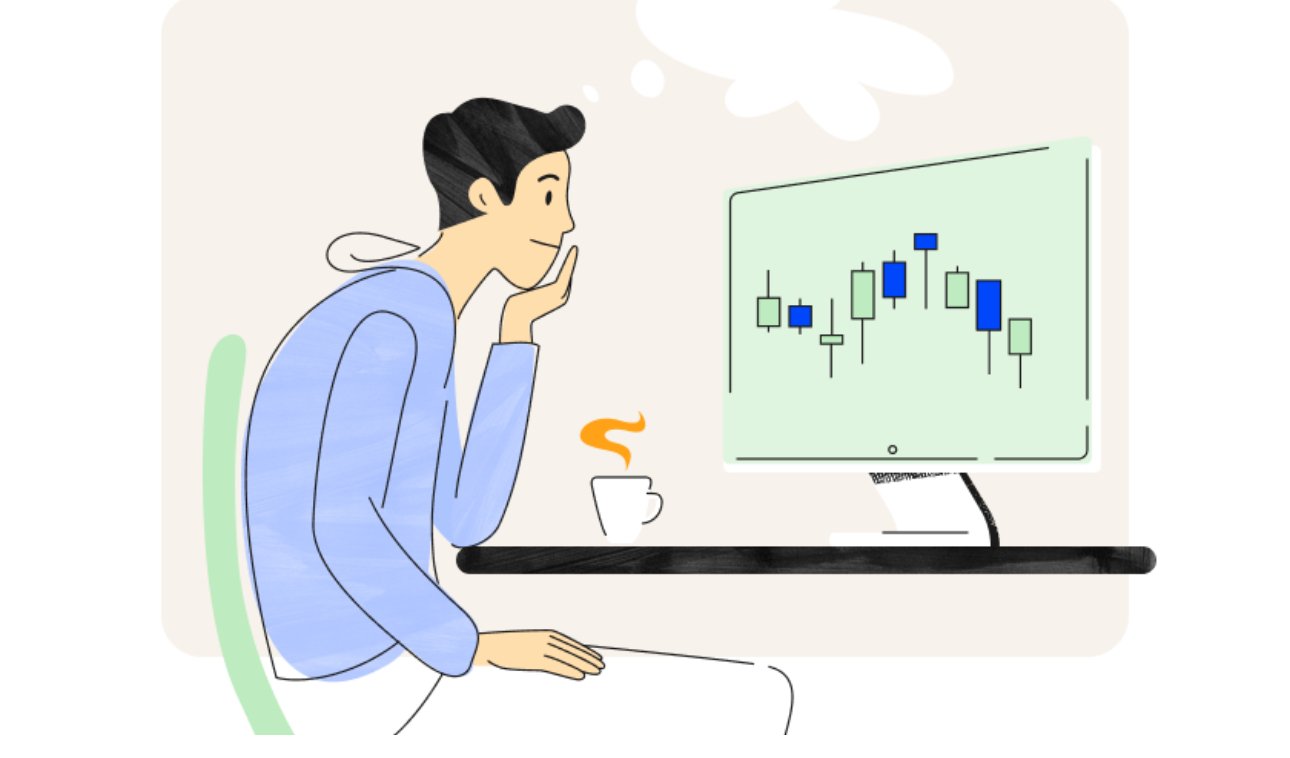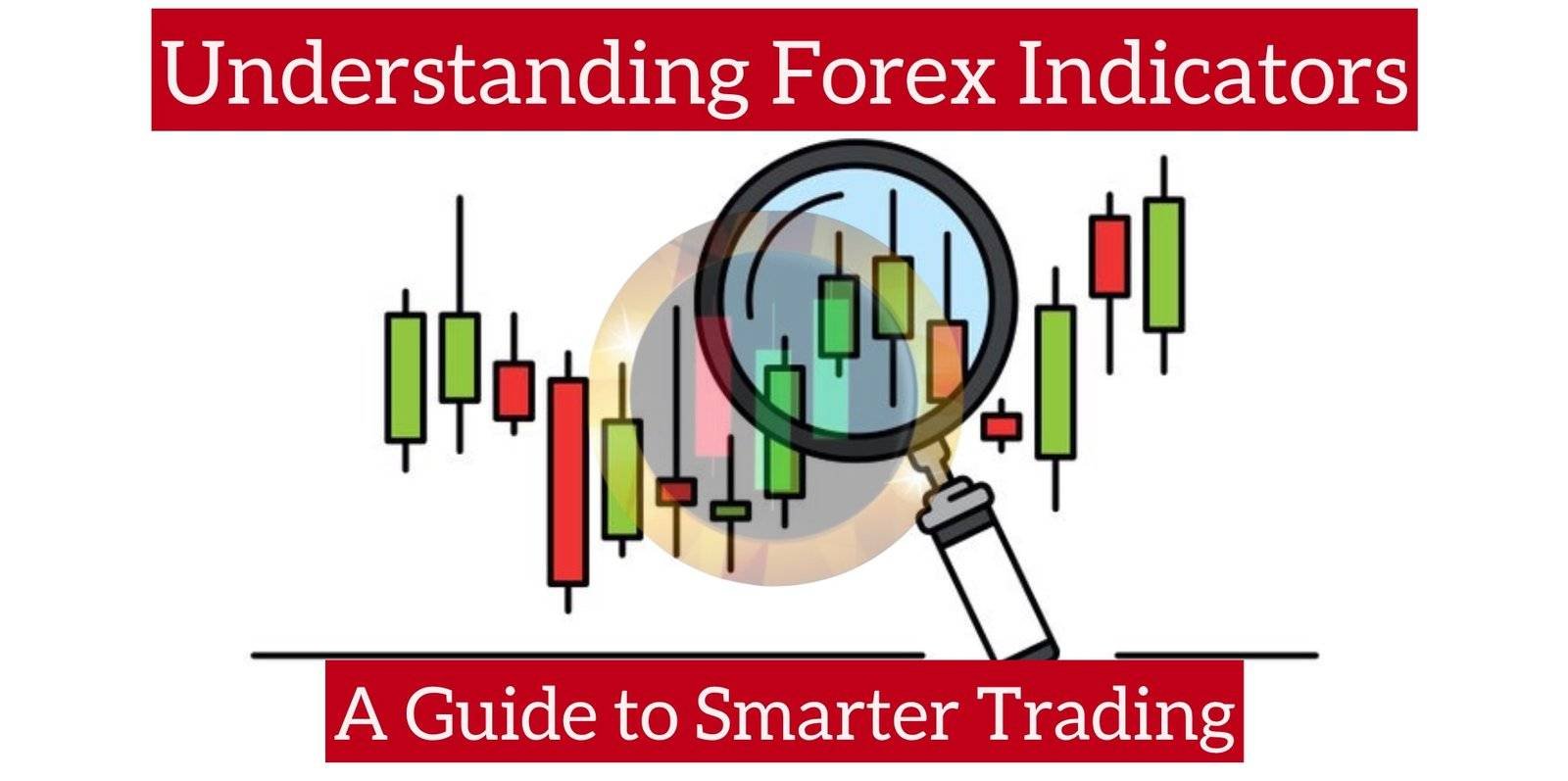Risk tolerance is the level of financial risk an individual is willing and able to accept when making investment or trading decisions. It depends on factors like financial situation, goals, and emotional comfort with potential losses.
While trading is about making profits, managing your losses effectively is crucial for long-term profitability and capital preservation.
In this blog, we will explain risk tolerance styles, their main characteristics, and how they affect traders’ financial results.

Risk Per Trade
Understanding the impact of risk per trade
Let’s watch a video where Mr. Riskman shows how mistakes in calculating his risk per trade led to negative outcomes.
Recommendations
Here are some recommendations for traders based on Mr. Riskman’s mistakes:
• Start by risking no more than 1-2% of your capital per trade.
• As you gain more confidence, gradually increase your risk level.
• Admit when your strategy isn’t working and make adjustments to it.

Risk tolerance
A trader’s risk tolerance refers to the level of losses they’re willing to take.
The three main risk tolerance styles are conservative, moderate, and aggressive.
• Risk tolerance is largely determined by the percentage of the deposit you risk per trade.
Choosing the right percentage is crucial to your trading success. It will affect how you manage deposits, handle risks, and navigate market volatility.
Conservative style
1-2% risk/trade
+ minimizes the impact of individual losses and gives you time to improve
– typically yields slower capital growth due to smaller potential profits per trade
Moderate style
3-4% risk/trade
+ strikes a balance between risks and rewards
– still carries the risk of losses that can be hard to recover from
Aggressive style
5%+ risk/trade
+ can lead to quick and significant profits
– takes high skills and discipline, since even a few unsuccessful trades can ruin your finances A conservative style offers security and flexibility, while an aggressive style provides quick profits but high risks.
Profit and loss balance
It’s important to understand that no trading strategy is 100% profitable.
Even with a well-developed strategy, you’ll encounter both profitable and unprofitable trades. Traders face this reality all the time.

Maintaining a balance between limiting losses and maximizing profits is the key to successful trading. Both directions are equally important, so pay attention to both.
Benefits of risk tolerance management
Here’s Mr. Riskman’s video explaining how taking a conservative approach to trading helped him build confidence and increase profits.
Summary
1. When implementing a new strategy, start with a conservative approach and low risk tolerance.
2. Increase the risk per trade gradually as you gain confidence in your trading skills.
3. If you see that your strategy is losing you money, it’s important to admit it, take a step back, and adjust it accordingly.
Knowing your risk tolerance helps you maximize opportunities while minimizing risks in your specific trading conditions.
It wasn’t easy, but you learned to take your risk tolerance into account when trading & Take a short quiz to check if you know how to maximize profits by limiting your losses.






